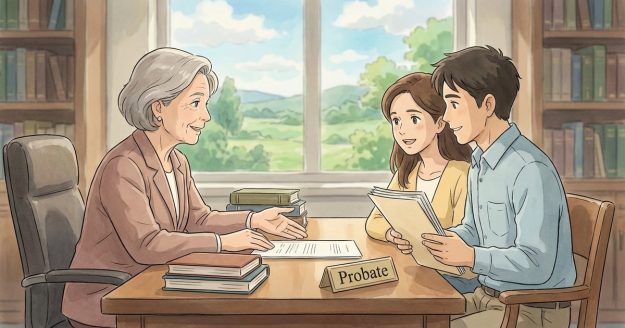What happens after the house-sale money is transferred into the estate—who gets paid first and what comes next? nc
What happens after the house-sale money is transferred into the estate—who gets paid first and what comes next? – North Carolina Short Answer In North Carolina, once the house-sale proceeds are in the estate, the personal representative (or the clerk, in a clerk-administered estate) generally pays estate obligations in a statutory priority order—starting with costs…











